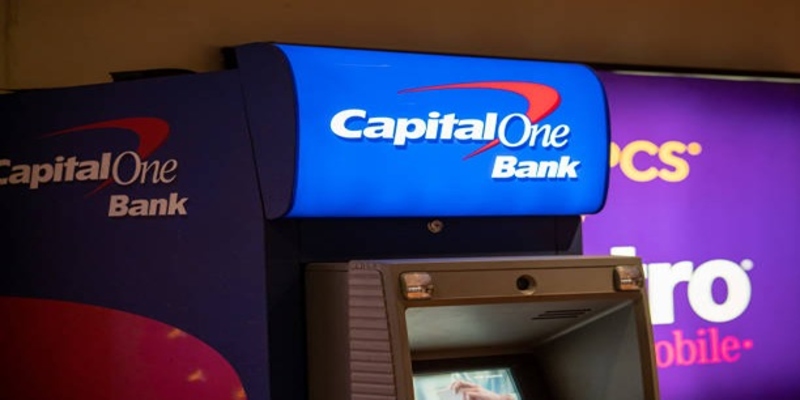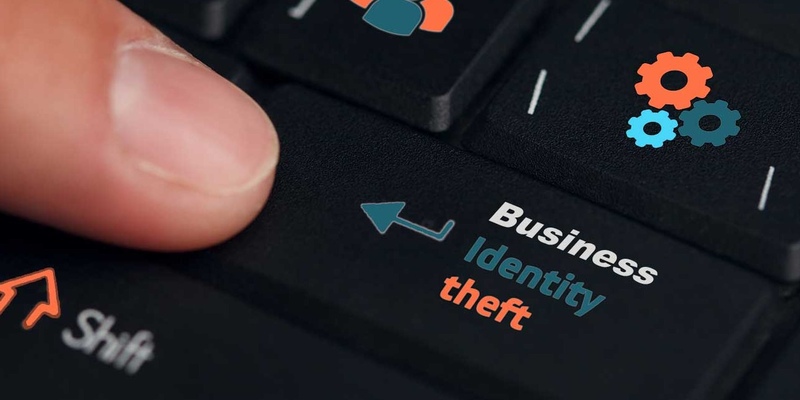When it comes to managing your finances, understanding your credit report and score is crucial. In the financial world, Experian and Equifax stand out as key players that provide essential services as credit reporting agencies. They collect and organize data from various sources to assess individuals' creditworthiness, ultimately influencing lending decisions made by financial institutions. But what sets them apart? Let's delve into the differences between Experian and Equifax to gain a better understanding of their roles and functionalities.
Understanding Experian and Equifax
When it comes to managing your finances, understanding your credit report and score is crucial. This is where Experian and Equifax come into play. They are both credit reporting agencies, often referred to as credit bureaus, and they play a significant role in the financial world by collecting and organizing information about consumers' credit histories.
How Both Credit Bureaus Work
Experian and Equifax function as intermediaries between consumers and lenders, collecting and analyzing data to assess individuals' creditworthiness. Here's a closer look at how they operate:
Data Collection
Both Experian and Equifax gather data from a variety of sources, including banks, credit card companies, mortgage lenders, and other financial institutions. They also access public records, such as bankruptcy filings, tax liens, and court judgments, to gather comprehensive information about consumers' financial histories.
The data collected by these bureaus typically includes details about your credit accounts, such as the types of accounts you have (e.g., credit cards, mortgages, student loans), your payment history (e.g., whether you've made payments on time or missed any payments), the amount of debt you owe, and the length of your credit history.
Credit Report Compilation
Once the data is collected, Experian and Equifax compile it into a credit report for each individual. This credit report serves as a detailed record of your financial history, providing insight into your borrowing and repayment behaviors.
Your credit report will include information about each credit account you have, including the account balance, credit limit, payment history, and any derogatory marks, such as accounts in collections or late payments. It will also list any public records associated with your credit profile, such as bankruptcies or judgments.
Credit Score Calculation

In addition to compiling credit reports, Experian and Equifax use the data they've collected to calculate a credit score for each consumer. A credit score serves as a numeric depiction of an individual's creditworthiness, aiding lenders in evaluating the risk of providing credit to that individual.
Both bureaus use proprietary scoring models to calculate credit scores, which take into account various factors such as payment history, credit utilization (the amount of available credit you're using), length of credit history, types of credit accounts, and recent credit inquiries.
Lenders' Use of Credit Scores
Lenders rely on credit scores provided by Experian and Equifax to make informed decisions about whether to approve loan or credit card applications. A higher credit score usually implies lower lending risk, signaling a track record of responsible borrowing and repayment.
Individuals with higher credit scores are generally more likely to be approved for loans or credit cards and may also qualify for better interest rates and loan terms. On the other hand, individuals with lower credit scores may face challenges in obtaining credit or may be offered less favorable terms.
What's the Difference between Experian and Equifax
While Experian and Equifax perform similar functions, there are some key differences between the two:
Data Collection: Experian and Equifax may gather information from slightly different sources. While they both collect data from banks, lenders, and other financial institutions, there may be variations in the types of data they prioritize or the frequency of updates.
Scoring Models: Each credit bureau uses its scoring model to calculate your credit score. While the basic principles are the same, such as considering your payment history, credit utilization, and length of credit history, the specific algorithms and weightings may differ. As a result, you may have slightly different credit scores from Experian and Equifax.
Industry Focus: Experian and Equifax may have different areas of expertise or focus. For example, one credit bureau may specialize in certain types of credit, such as mortgages or auto loans, while the other focuses more on credit cards or personal loans. This could influence the types of data they prioritize or the services they offer to lenders.
Regional Differences: Depending on where you live, one credit bureau may have a stronger presence or be more widely used than the other. For example, in the United States, Equifax is more prevalent in the Eastern and Southern regions, while Experian is dominant in the Western and Midwestern regions. This can impact which credit bureau lenders choose to pull your credit report from.
How Can You Obtain Your Experian and Equifax Credit Reports?
It's important to regularly check your credit reports from both Experian and Equifax to ensure that the information is accurate and up to date. Here are some ways you can access your credit reports:
AnnualCreditReport.com:

This website allows you to request a free copy of your credit report from each of the three major credit bureaus Experian, Equifax, and TransUnion once every 12 months. It's the only site authorized by the federal government for this purpose.
Directly from the Bureaus: You can also purchase your credit reports directly from Experian and Equifax's websites. They may offer additional services, such as credit monitoring or identity theft protection, for a fee.
Through Financial Institutions: Certain financial institutions, including banks and credit card companies, provide complimentary access to credit reports as a perk for their customers. Check with your bank or credit card issuer to see if they provide this benefit.
Conclusion
Experian and Equifax are integral to understanding and managing your financial health through credit reporting. While they share similarities in data collection and credit scoring, differences in industry focus and regional presence distinguish them. Regularly accessing your credit reports from both bureaus ensures accuracy and allows for proactive financial management. Whether through AnnualCreditReport.com, direct bureau websites, or financial institutions, staying informed empowers individuals to make sound financial decisions and improve their creditworthiness over time.




